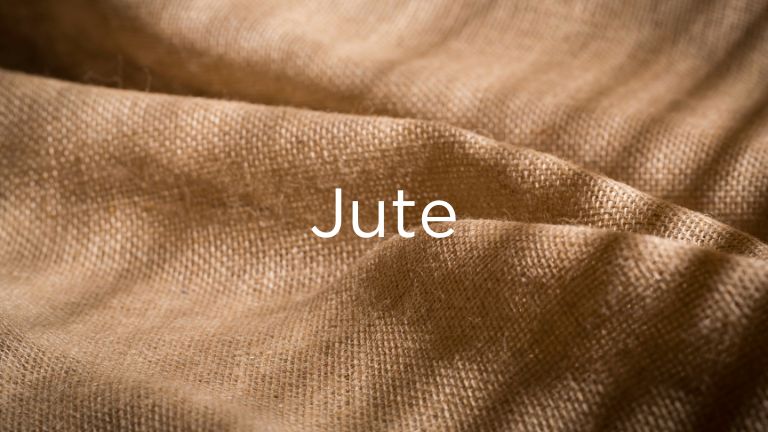
Let's talk about Jute!
Jute is a versatile, natural fiber cultivated primarily in the Indian subcontinent. Known as the "golden fiber" due to its color and value, it's both eco-friendly and affordable. Used in reusable bags to textiles to packaging, jute is utilized in various industries, making it an integral part of sustainable living.
How Are Jute Bags Made?
Jute bags are crafted through a process that begins with harvesting jute plants. After extraction, the fibers undergo spinning into long threads, which are then woven into strong, durable fabrics. Skilled artisans work their magic turning these fabrics into beautiful bags that bring simplicity and sustainability together. Each step is a testament to craftsmanship and environmental consciousness.
A few environmental benefits of Jute:
Biodegradable: Unlike synthetic materials, jute decomposes naturally, minimizing environmental impact and reducing landfill waste.
Renewable: Jute plants rapidly grow and require minimal water and pesticides, making them a renewable resource that promotes agricultural sustainability.
Carbon Footprint: Jute cultivation absorbs CO2 from the atmosphere, helping combat climate change. Compared to synthetic counterparts, jute bags have a low carbon footprint.
Versatility: Jute's versatility extends beyond bags. It's used in various eco-friendly products like rugs, mats, and even furniture, offering sustainable alternatives throughout various industries.
Here’s to sustainable solutions that benefit both people and the planet!


